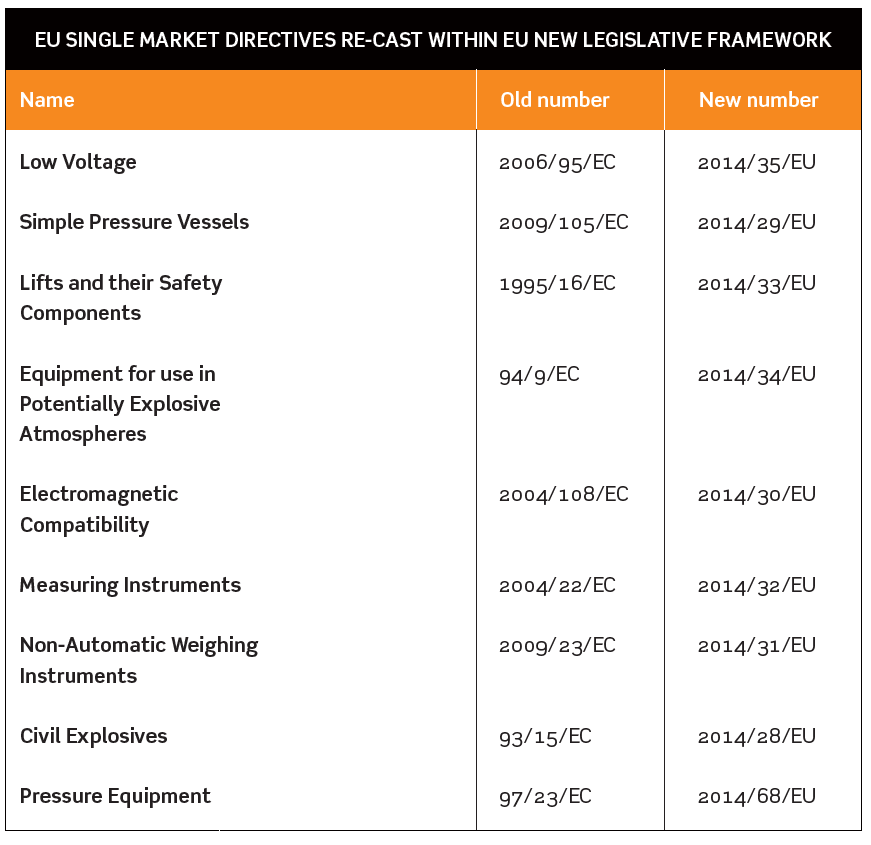This article presents an update on some key areas in chemicals regulation and product stewardship. A central theme is the importance of businesses having reliable control of the information available through their supply chains, without which compliance is much harder to achieve and reputational risks much greater.
Continue reading “Know your supply chain: current issues for chemicals and product stewardship”



